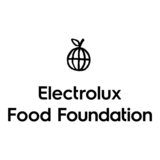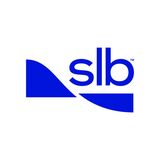
Global Project
Eat 4 Change
The volunteering project is part of a larger EU co-funded, WWF-led international project, also called Eat4Change, which strives to engage citizens, particularly youth, to take an active role in society and change their diets towards more plant-based for the wellbeing of people and the planet.
The volunteering projects in schools have the same goal: to bring awareness to high-school students about the importance and impact of their diets on the environment and to engage them to take action towards a more “planet-based” diet.
6 weeks
SDG contribution
Every project we run focuses on a target to help meet the Global Goals.
Responsible Consumption And Production - Target 12.8
By 2030, ensure that people everywhere have the relevant information and awareness for sustainable development and lifestyles in harmony with nature
Role
About the job and the activities you will be doing.
Global Volunteers will be prepared on the topic of sustainable diets and facilitation of the content with the use of various materials developed by WWF. Based on that, they will work with high-school students to bring them awareness about the issue and to help them take action in an organized, collective way by facilitating creative group work.
Project Activities
Project Opportunities
All regions
Americas
Asia Pacific
Europe
Middle East and Africa
Sort by
Newest opportunities
















